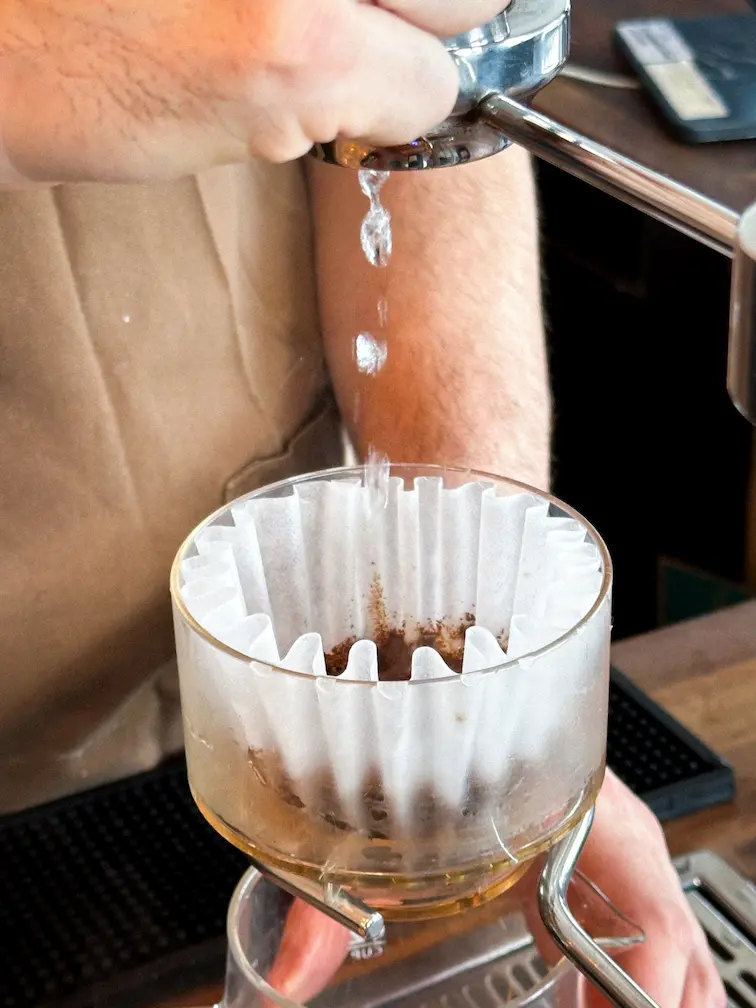How much caffeine is in a cup of coffee? The complete guide
Quick answer: A standard cup of coffee (200 ml) contains approximately 100 mg of caffeine, but the amount varies significantly from 50-290 mg per deciliter depending on brewing method, coffee variety, and preparation.
Caffeine content in different coffee types
When you enjoy your morning coffee from The Artisan, it’s good to know exactly how much caffeine you’re getting. Here are the exact figures:
Caffeine content per deciliter
| Coffee Type | Caffeine per dl | Caffeine per 200 ml cup |
|---|---|---|
| Espresso | 290 mg | 580 mg (served in 3-4 cl) |
| Coffee Machine | 65-66 mg | 130-132 mg |
| Filter Coffee | 50-65 mg | 100-130 mg |
| French Press | 50 mg | 100 mg |
| Instant Coffee | 27-50 mg | 54-100 mg |
| Decaf | 3-5 mg | 6-10 mg |
Click on the headers to sort the table
Want full control over your caffeine intake? Consider a coffee subscription with our carefully selected beans.
Factors that affect caffeine content
1. Brewing method matters most
Your chosen brewing method has enormous influence on caffeine content:
- Espresso: Highest concentration but smallest volume
- Filter coffee: Moderate caffeine, larger volume
- French press: Longer contact time yields more caffeine
2. Coffee variety makes a difference
Robusta vs. Arabica: Robusta beans contain twice as much caffeine as Arabica. Robusta has approximately 2.2-2.7% caffeine, while Arabica ranges from 1.2-1.5%. Most specialty coffees from our selection of coffee beans are Arabica for the best flavor experience.
3. Other important factors
- Roast level: Lighter roasts have marginally more caffeine per weight
- Grind size: Finer grind = faster extraction = potentially more caffeine
- Water temperature: Hotter water extracts more caffeine
- Brewing time: Longer contact = more caffeine
Health recommendations and daily limits
Recommended maximum limits
Adults: Up to 400 mg daily (4-5 cups of coffee)
Pregnant women: Maximum 200-300 mg daily (2-3 cups)
Teenagers: Maximum 100 mg daily
Children: Caffeine generally not recommended
According to the Danish Food Administration, these limits are based on extensive research and should be respected to avoid negative health effects.
How caffeine affects your body
Positive effects with moderate intake
- Increased mental clarity and concentration
- Improved physical performance
- Reduced fatigue
- Potential protection against Alzheimer’s and Parkinson’s
- Improved mood and well-being
Possible negative effects from overconsumption
- Sleep disturbances (caffeine has a 5-hour half-life)
- Heart palpitations and anxiety
- Headaches when suddenly stopping
- Digestive problems
- Increased blood pressure in sensitive individuals
Practical tips for managing your caffeine intake
How to reduce caffeine
- Choose Arabica: Our specialty coffees are primarily Arabica with naturally lower caffeine content
- Switch brewing method: Go from espresso to filter coffee
- Mix with decaf: Blend regular and decaffeinated coffee
- Reduce the amount: Use fewer coffee beans per cup
- Drink earlier: Stop caffeine intake 6 hours before bedtime
How to increase caffeine (if desired)
- Choose Robusta or Robusta blends
- Use French press with long extraction time
- Increase the amount of coffee beans
- Choose a finer grind size
Comparison with other drinks
For perspective, here’s the caffeine content in other popular beverages:
- Energy drink: Max 32 mg per dl in Denmark
- Black tea: 30 mg per dl
- Green tea: 15 mg per dl
- Cola: Max 15 mg per dl in Denmark
- Cocoa: 3-5 mg per dl
Frequently asked questions
Does roast level affect caffeine content?
Marginally. Darker roasts have slightly less caffeine per weight, but the difference is minimal in practice.Can I become addicted to caffeine?
Yes, regular consumption can create tolerance and mild physical dependence. Withdrawal symptoms include headaches and fatigue, but typically disappear after 2-9 days.Is decaf coffee completely caffeine-free?
No, decaffeinated coffee still contains 3-5 mg of caffeine per deciliter – approximately 97% has been removed.How is caffeine removed from coffee?
Primarily through water extraction or the CO2 method, where caffeine is extracted from green beans before roasting.Conclusion
Understanding the caffeine content in your coffee gives you control over your daily intake. A standard cup of coffee contains approximately 100 mg of caffeine, but this varies significantly based on brewing method and bean type. Stay under 400 mg daily for optimal health and enjoyment.
Interested in experimenting with different coffee experiences? Explore our complete guide to specialty coffee or give a coffee experience as a gift with a gift card to our café and roastery.



